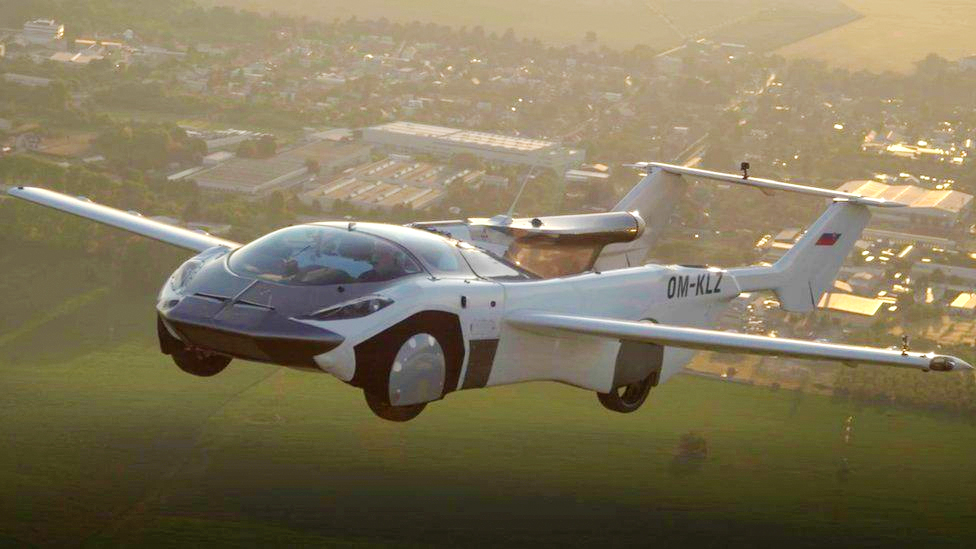The Future of Travel: How Flying Cars Will Revolutionize Transportation
Flying cars, the once-fantastical idea of science fiction, may soon become a reality. The technology behind them is advancing rapidly, and many companies are developing prototypes for commercial use. In this article, we will discuss the history, benefits, challenges, and future of flying cars.
The idea of flying cars can be traced back to the 1920s, when the concept of personal air transportation first emerged. However, it wasn't until the 1950s and 1960s that the idea really took off in popular culture. Television shows like The Jetsons and movies like Blade Runner showcased flying cars as a staple of the future. Since then, the idea has become a cultural icon, inspiring generations of engineers, designers, and dreamers.
The benefits of flying cars are numerous. They could reduce traffic congestion and cut down on commute times. They could also provide a new form of transportation for emergency responders and improve accessibility for people living in remote areas. Flying cars could revolutionize the way we travel, making long-distance trips faster and more convenient.
However, there are also many challenges associated with flying cars. One of the biggest challenges is safety. Flying cars would need to be able to operate safely in all weather conditions and avoid collisions with other aircraft and structures. They would also need to be accessible to all people, regardless of their income or physical abilities.
Another challenge is infrastructure. Flying cars would require new types of infrastructure, such as landing pads and charging stations. This would require significant investment and planning from both the public and private sectors.
Despite these challenges, many companies are already developing flying cars. One of the most well-known companies is Uber, which has partnered with several aircraft manufacturers to develop its own flying car, called Uber Air. The company plans to launch its flying car service in 2023, with test flights taking place in 2022.
Other companies developing flying cars include Terrafugia, a subsidiary of Chinese automaker Geely, and Airbus, which is working on a self-piloted flying car called the CityAirbus. Several startups, such as Joby Aviation and Lilium, are also developing electric vertical takeoff and landing (eVTOL) aircraft.
The future of flying cars looks promising. As technology continues to advance, flying cars will become more efficient, affordable, and accessible. They could revolutionize the way we travel, providing a faster, safer, and more convenient mode of transportation. However, realizing this vision will require significant investment, planning, and innovation.
In conclusion, flying cars are no longer just a figment of our imagination. They are a real possibility, with many companies already developing prototypes for commercial use. While there are many challenges associated with flying cars, the benefits they could provide are significant. The future of travel is exciting, and flying cars will play a major role in shaping it.
Labels: automobile, Interesting, Technology


0 Comments:
Post a Comment
Subscribe to Post Comments [Atom]
<< Home